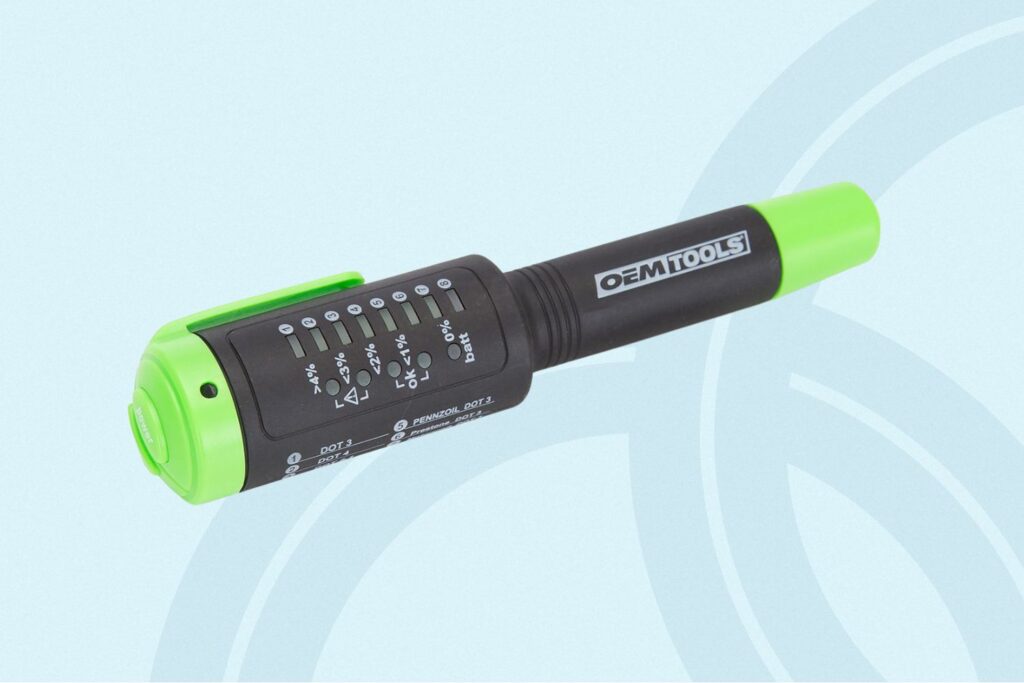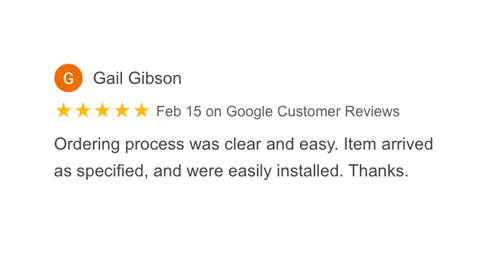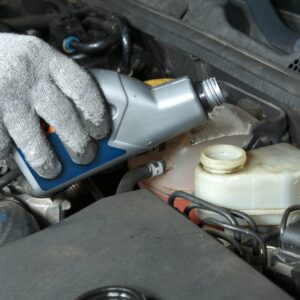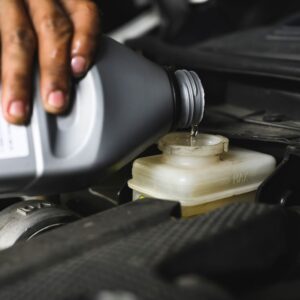To keep your brake system in top condition, you usually have to change your brake fluid every two to three years. In some cases, however, brake fluid can also degrade faster due to heavy braking, leaks in the brake system, and even brake system maintenance. Because of this, it’s best to check on your brake fluid every now and then. This is where brake fluid testers come in handy.
What Is a Brake Fluid Tester?

Checking the composition of brake fluid can be tricky, especially because contaminated brake fluid won’t always have noticeable signs. In most cases, drivers don’t realize there’s an issue until other brake problems pop up. Rather than wait for your vehicle’s brake system to start acting up, it’s better to take preventive measures instead.
Brake fluid testers are specifically designed to check on the condition of the brake fluid and catch any contaminants before they wreak havoc on your brake system.
How Does a Brake Fluid Tester Work?
Different types test brake fluid in different ways. In general, brake fluid testers are electronic devices that read a sample of the brake fluid. The brake fluid’s composition will let you know if the brake fluid needs to be replaced. Here are a few examples of what brake fluid testers can pick up on:
Excessive Moisture
Over time, brake fluid will accumulate moisture, which can lower its boiling point and cause the brake fluid to boil. This additional heat can damage the calipers, especially if you press the brake pedal for a long time.
Acid and Sludge Buildup
Brake fluid contains corrosion inhibitors, additives that help prevent acid and sludge buildup. Over time, however, these additives can wear out, reducing the brake fluid’s effectiveness. The acid and sludge buildup can damage the brake calipers, brake lines, and other brake system parts that can be expensive to fix.
What Are the Different Types of Brake Fluid Testers?
Nowadays, you’ll find different types of brake fluid testers on the market. Here are some you can expect to see:
Conductivity Test Pens
This is what you’ll typically find in your average auto shop. Conductivity test pens measure the amount of water in the brake fluid by measuring its conductivity. While the exact process can vary depending on the brand, you usually have to submerge the electrodes in the brake fluid tank.
The results are instant, but they aren’t always accurate. The conductivity of new brake fluid can vary depending on the manufacturer, Department of Transportation (DOT) grade, and formulation, causing the results of conductivity test pens to be unreliable.
Boiling Point Testers
As its name suggests, boiling point testers heat a sample of the brake fluid to determine its boiling point. If the boiling point differs from the manufacturer’s specified temperature, then the brake fluid probably has too much moisture.
While boiling point testers are usually more accurate than conductivity test pens, they still need to be calibrated to the manufacturer’s product for reliable results.
Brake Fluid Test Strips
Test strips check the copper level in brake fluids. They’re typically sold in sets together with rating scale cards and coolant test strips. You usually have to dip one side of the strip into the brake fluid. After you pull it out after a second or two, the strip will change color. All that’s left to do is to match the strip color to the color scale on the card. The corresponding color should tell you the fluid’s copper level.
The best brake fluid tester will ultimately depend on what you’re looking for. Just make sure to get one that’s compatible with the type of brake fluid your car uses. Some testers only work with specific fluid types, so double-check your vehicle’s brake fluid before buying one.
How Much Do Brake Fluid Testers Cost?
The exact price of brake fluid testers can vary depending on several factors, including your vehicle’s year, make, and model. In general, however, you can expect them to be relatively affordable, with high-quality testers selling anywhere from $10 to $40.
Are Brake Fluid Testers Worth It?
On average, brake fluid will set you back around $10 to $70, depending on the amount you need. The price isn’t far from the cost of a brake fluid tester, so it’s fair to ask whether you should still bother getting a tester or just buy new brake fluid from the get-go.
The main purpose of brake fluid testers is to let you know when your brake fluid needs replacing. If using one can help you regularly change your brake fluid, then it’s worth spending a few extra bucks. Either way, the most important thing is to follow your manufacturer’s recommended service interval, so your brake system can stay in good condition.
Any information provided on this Website is for informational purposes only and is not intended to replace consultation with a professional mechanic. The accuracy and timeliness of the information may change from the time of publication.


































